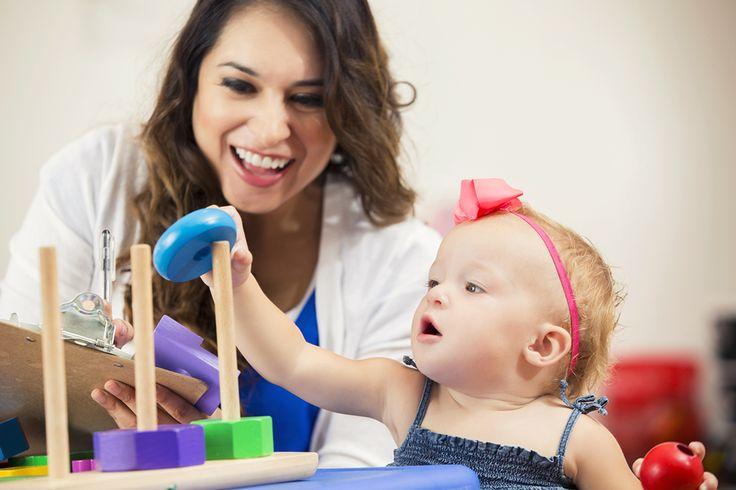7 Essential Skills for Social Emotional Development Every Parent Should Know

1. Self-Awareness: Knowing What Makes Them Tick (and Tick Off!)
Okay, so imagine trying to fix a computer when you don't even know what programs are running, right? Self-awareness is kind of like that for our kids' internal world. It’s their ability to recognize their own feelings, thoughts, and values. Are they feeling frustrated because their tower fell over? Excited because they're going to the park?
This isn't just about naming emotions. It's about understanding why they feel that way. When a preschool age child slams a door, instead of just saying "Don't do that!", we can ask, "I see you're upset. What happened to make you feel that way?"
Why it matters: Kids who are self-aware can better manage their emotions. They know their strengths and their weaknesses, which builds confidence and helps them understand how their actions affect others. This is a huge building block in early childhood education.
Real-world nugget: A study published by the Collaborative for Academic, Social, and Emotional Learning (CASEL) consistently shows that self-awareness is a cornerstone for all other SEL competencies. Pretty strong endorsement, if you ask me.
2. Self-Management: The Art of Not Melting Down (Most of the Time!)
This is probably the one parents crave the most: the ability to manage emotions and behaviors. We're talking about impulse control, stress management, and working towards goals. Think about a child who really, really wants that cookie now but can wait until after dinner. Or the one who gets frustrated with a puzzle but takes a deep breath instead of throwing it across the room.
My kid, bless her cotton socks, used to have epic meltdowns over things like socks not feeling "right." It was exhausting. Learning to pause, to breathe, to articulate (even just with a grunt and a pointing finger) what was bothering her, that was self-management in action. It’s not about suppressing feelings, but about expressing them constructively.
How we help: This is where routines, consistent boundaries, and teaching calming strategies (like "turtle time" where they hug themselves) come into play. It’s a huge part of any good preschool program. Activities for preschool often incorporate songs and games that subtly teach patience and following directions.
3. Social Awareness: Reading the Room (and the Faces!)
This skill is all about understanding the perspectives of others and empathizing with them. It’s recognizing non-verbal cues that little frown on a friend's face, the slumped shoulders that say "I'm sad." It's knowing that different people have different feelings, even in the same situation.
Remember that time your child accidentally knocked over another kid's block tower and then looked genuinely confused when the other child cried? That’s where social awareness comes in. We can gently explain, "He's sad because his tower broke. How would you feel if your tower broke?"
The big picture: Kids with strong social awareness are better friends, more compassionate, and can navigate group dynamics more smoothly. This is absolutely critical as they move through play school and into more structured social settings.
Side remark: Interestingly, research from the University of Virginia suggests that children develop empathy earliest when they are exposed to diverse situations and encouraged to discuss feelings openly at home.
4. Relationship Skills: Making Friends and Keeping Them
This one is pretty self-explanatory, but incredibly complex! It’s about being able to form and maintain healthy relationships, communicate clearly, cooperate, resist inappropriate social pressure, and resolve conflicts constructively. Basically, all the stuff we adults still struggle with sometimes!
My son, when he was just starting out, would sometimes grab toys. We'd practice saying, "Can I have a turn?" or "May I play with that?" These simple phrases are relationship-building blocks. It’s not just about politeness; it’s about negotiation and mutual respect.
Think about it: Whether it's sharing a crayon during activities for preschool or collaborating on a big project in high school, these skills are constantly being honed. Play and learn environments are perfect for this, offering countless opportunities for kids to practice.
5. Responsible Decision-Making: Choosing Wisely (Even When it’s Hard)
This is the grand finale of social emotional development, really. It’s the ability to make constructive choices about personal behavior and social interactions based on ethical standards, safety concerns, and realistic evaluation of consequences.
Should I push my friend to get the toy? Or should I ask nicely? Should I sneak an extra cookie? Or remember the rule my parents set? These are daily dilemmas for our kids. Responsible decision-making isn't just about knowing right from wrong; it's about weighing options and understanding the impact.
Building this muscle: We can help by talking through scenarios ("What might happen if you do X?"), encouraging problem-solving, and giving them age-appropriate choices. Even simple childhood milestones like choosing between two outfits help them practice.
6. Resilience: Bouncing Back When Things Get Tough
Life throws curveballs, right? For kids, a curveball might be losing a game, a friend moving away, or even just failing to build that LEGO castle perfectly. Resilience is the ability to adapt and recover from adversity, stress, or trauma. It's not about avoiding challenges, but about learning to navigate them without falling apart.
My daughter once spent an entire afternoon trying to master a tricky jump rope move. She fell, got tangled, sighed dramatically, but she kept at it. That quiet perseverance? That’s resilience. It's about having a "growth mindset," knowing that even if you fail, you can try again or learn from it.
Why it’s crucial: In an ever-changing world, kids need to be able to cope with setbacks. This skill is intertwined with all the others self-awareness helps them understand their frustration, self-management helps them regulate it, and relationship skills might even lead them to ask for help.
7. Optimism: Seeing the Silver Lining (Most Days, Anyway!)
Okay, so this isn't usually on the official "core SEL competencies" list in the same way, but I firmly believe it’s an essential outcome and a foundational mindset we can foster. Optimism isn't about being naive; it's about having a hopeful outlook and believing in positive outcomes. It’s seeing challenges as opportunities, not dead ends.
When a child spills milk, do they collapse in despair, or do they say, "Oops! I can help clean it up"? That's a tiny glimpse of optimism. It's a mindset that says, "Things might be tough right now, but they can get better."
How we nurture it: Model it ourselves. Point out the good things. Celebrate small victories. Frame mistakes as learning opportunities. This positive outlook fuels persistence and helps kids tackle new challenges, which is super important for navigating all those childhood milestones and beyond.
Wrapping It Up: It's a Journey, Not a Race
Look, nobody's expecting our kids to be Zen masters by kindergarten. The beauty of social emotional development is that it's a lifelong journey. It starts with those tiny moments in early childhood education – the first shared toy in play school, the gentle guidance during a tantrum, the consistent encouragement to try again.
These seven skills aren't checkboxes; they're interconnected threads that weave together to form the incredible tapestry of a well-adjusted, empathetic, and resilient human being. As parents, we're the primary guides on this adventure. So, let’s embrace the messy, beautiful process of helping our kids play and learn not just about the world, but about themselves and how to thrive within it.
You're doing great, seriously. Just by reading this, you're investing in something truly invaluable.






